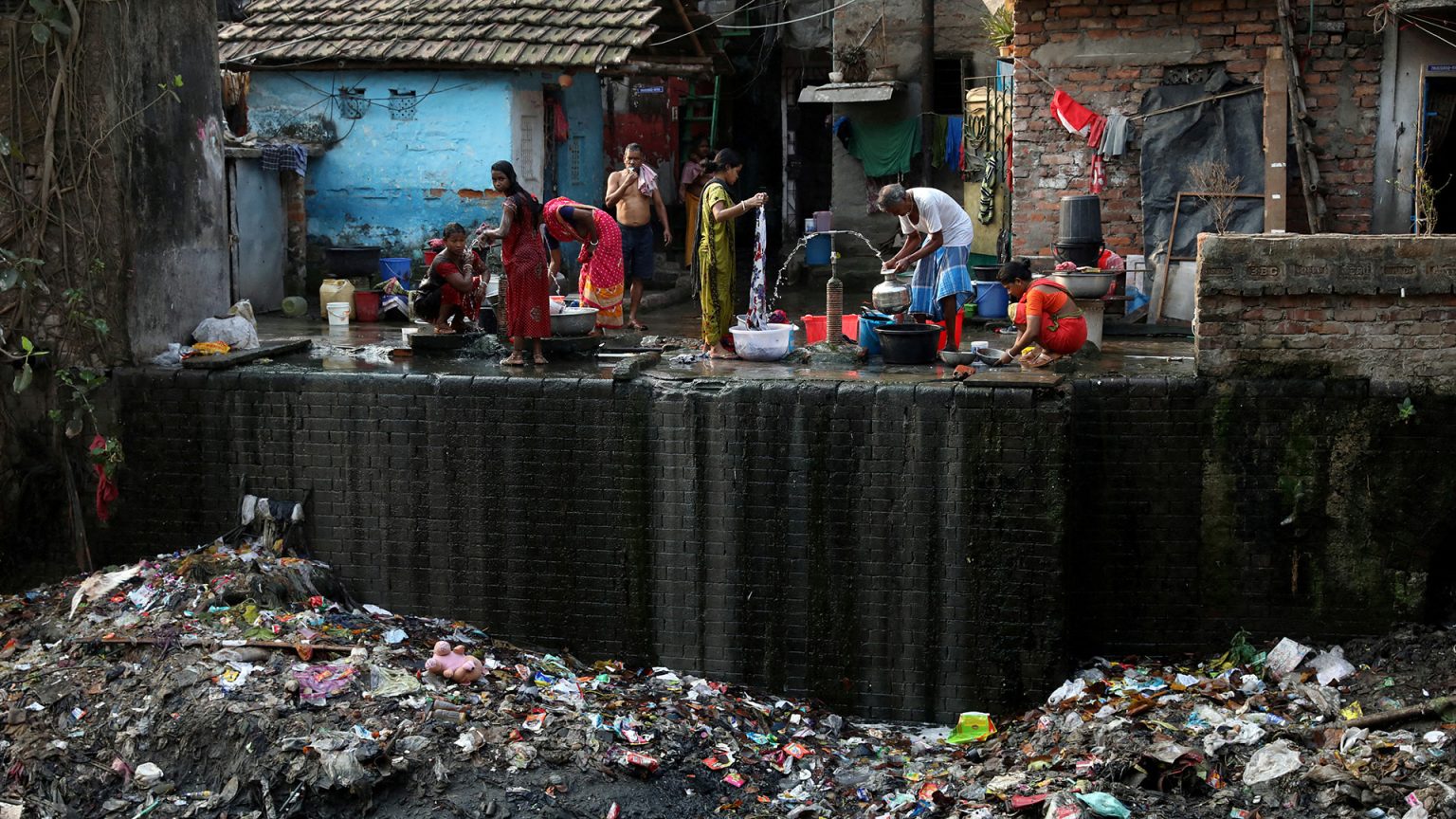Rising income inequality is a major issue in India, as the benefits of the country’s rapid economic growth are not reaching the poor. The richest 1 percent of the population owns a significant portion of the nation’s wealth, leading to a widening wealth gap. This disparity has worsened under Prime Minister Narendra Modi’s leadership, making it a key focus in the national elections. Debates around topics such as inheritance taxes and wealth redistribution are dominating the political landscape in India.
In addition to the issue of income inequality in India, questions are being raised about the amount of foreign aid the United States provides and its impact on global stability. Understanding the effectiveness of foreign aid in promoting peace and stability around the world is a critical concern for policymakers and analysts alike. The debate over the allocation of resources towards foreign aid programs continues to be a contentious issue, with varying opinions on the overall impact and importance of such funding.
Meanwhile, Zambia has taken a significant step by banning charcoal production permits in an effort to address environmental concerns and protect natural resources. Charcoal production has been a major cause of deforestation, leading to severe environmental degradation and loss of biodiversity in the region. By implementing this ban, Zambia aims to mitigate the negative effects of charcoal production on the environment and foster sustainable practices that preserve its natural resources for future generations.
Overall, these global issues highlight the complex challenges and decisions facing policymakers and leaders around the world. From addressing income inequality and wealth disparities in India to evaluating the impact of foreign aid on global stability and implementing environmental conservation measures in countries like Zambia, there are no easy solutions to these pressing issues. It is crucial for governments, organizations, and individuals to work together to find sustainable and equitable solutions that promote social justice, economic prosperity, and environmental conservation on a global scale.
As the world continues to grapple with these interconnected challenges, it is essential to have open and informed discussions about how to address issues such as income inequality, foreign aid effectiveness, and environmental sustainability. By fostering dialogue, collaboration, and innovative solutions, we can work towards a more equitable, stable, and sustainable future for all. The decisions made today will have lasting impacts on future generations, highlighting the importance of thoughtful and proactive engagement with these pressing global issues.













